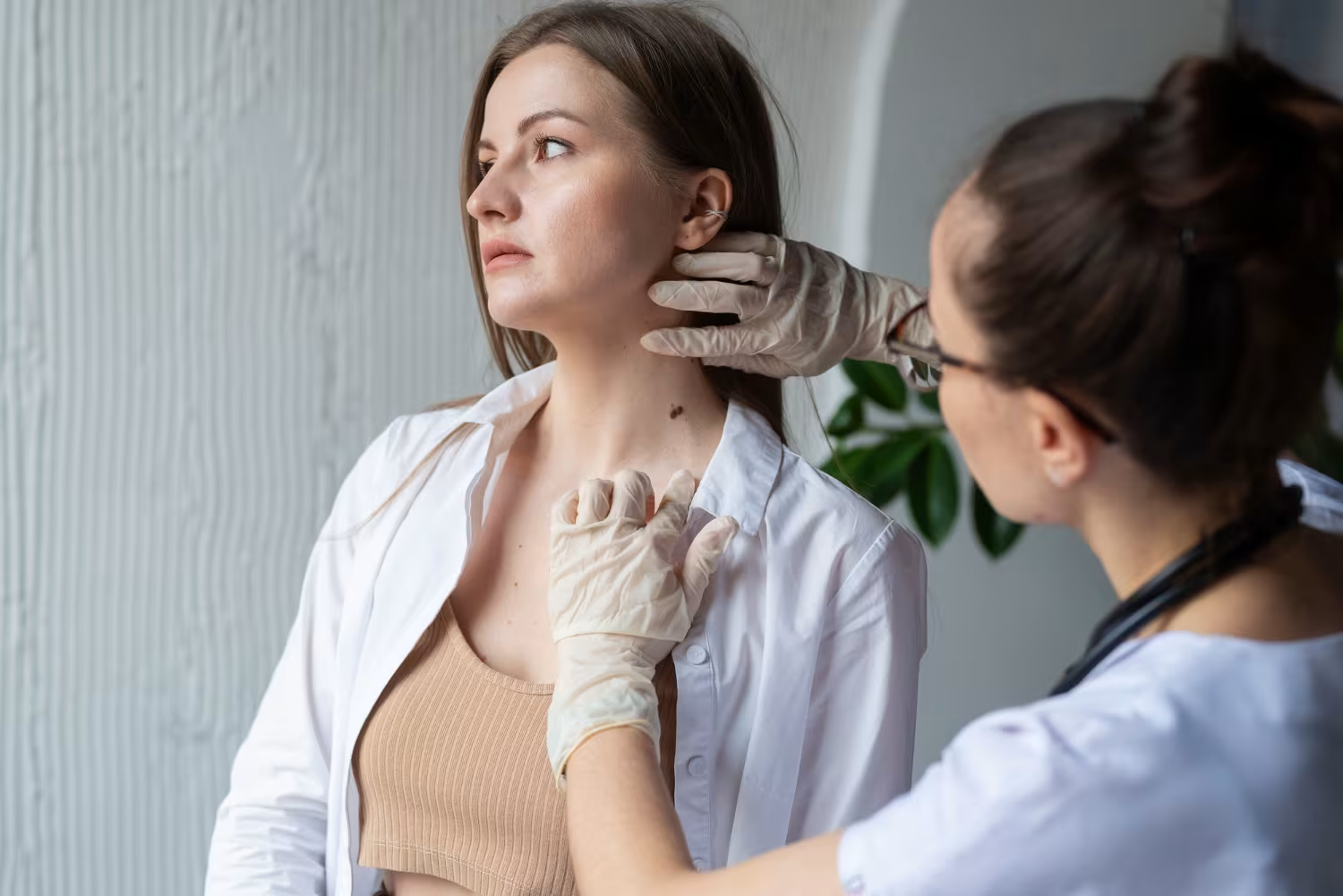
Embarking on a thrilling adventure to Southeast Asia, particularly the enchanting country of Thailand, is a dream come true for many travel enthusiasts. From vibrant cityscapes to pristine beaches, ancient temples to bustling markets, Thailand offers a rich tapestry of experiences. As you plan your trip, it's crucial not to overlook a crucial aspect of travel preparation: getting the necessary vaccines. In this blog post, we'll explore the significance of travel vaccines and why they are essential for a safe and healthy journey through Southeast Asia, with a particular focus on Thailand.
Traveling to any foreign country exposes you to various health risks, primarily due to exposure to unfamiliar diseases. Southeast Asia, including Thailand, is no exception. The region may present certain health challenges that your body may not be accustomed to, making it crucial to protect yourself through proper immunisation.
Thailand, like many other countries in the region, has specific diseases that travellers should be aware of. These include:
Before your journey, schedule a consultation with a travel health specialist or visit a travel clinic. These experts will assess your specific travel plans, medical history, and vaccination records to provide personalized recommendations on the vaccines you should receive. They can also advise on additional precautions, such as mosquito bite prevention and general travel health tips.
Some vaccines require multiple doses or take time to provide full protection. It's crucial to plan your vaccinations well in advance of your trip. Schedule your appointment at least 4-6 weeks before your departure to ensure sufficient time for the vaccines to take effect.
While travel vaccines are essential, they should not be the sole focus of your health preparation. Don't forget to:
By taking the necessary precautions and receiving appropriate travel vaccines, you can enjoy your Southeast Asia adventure to the fullest, with peace of mind knowing you've protected your health. Remember, your well-being is paramount, and proper immunization is an essential step towards ensuring a safe and memorable journey. So, pack your bags, explore the wonders of Thailand, and create incredible memories while staying healthy and protected.
Safe travels!
Dr Simon Khela - Private GP | Private Medical Clinic



.avif)

